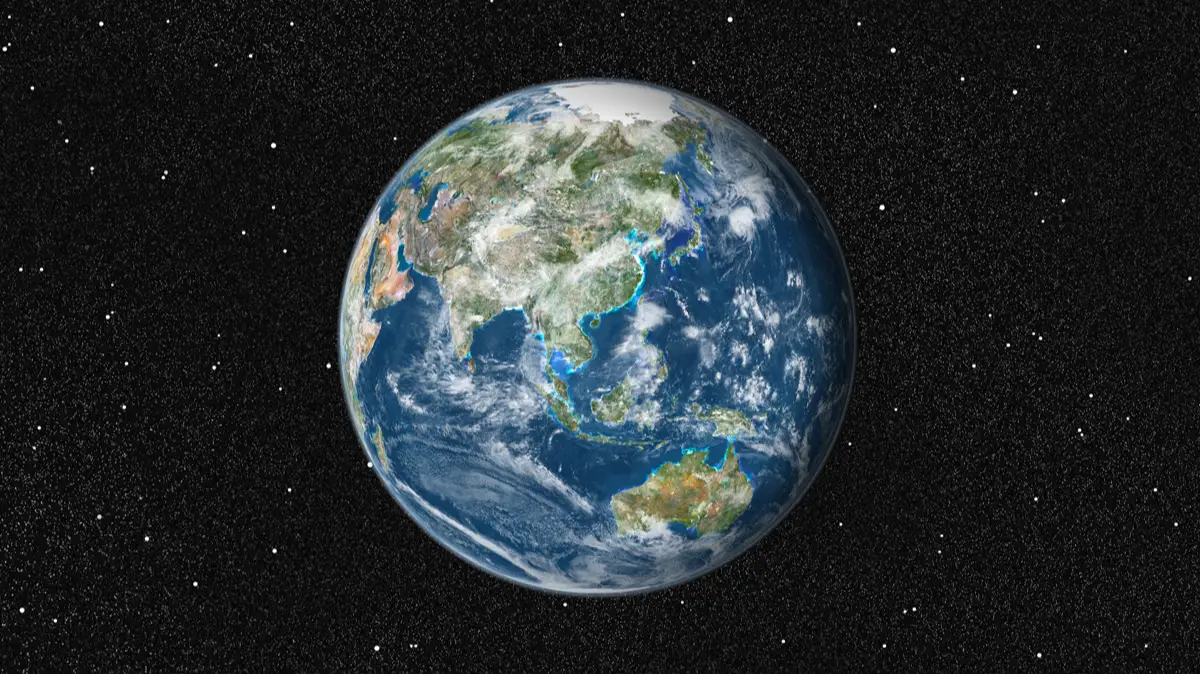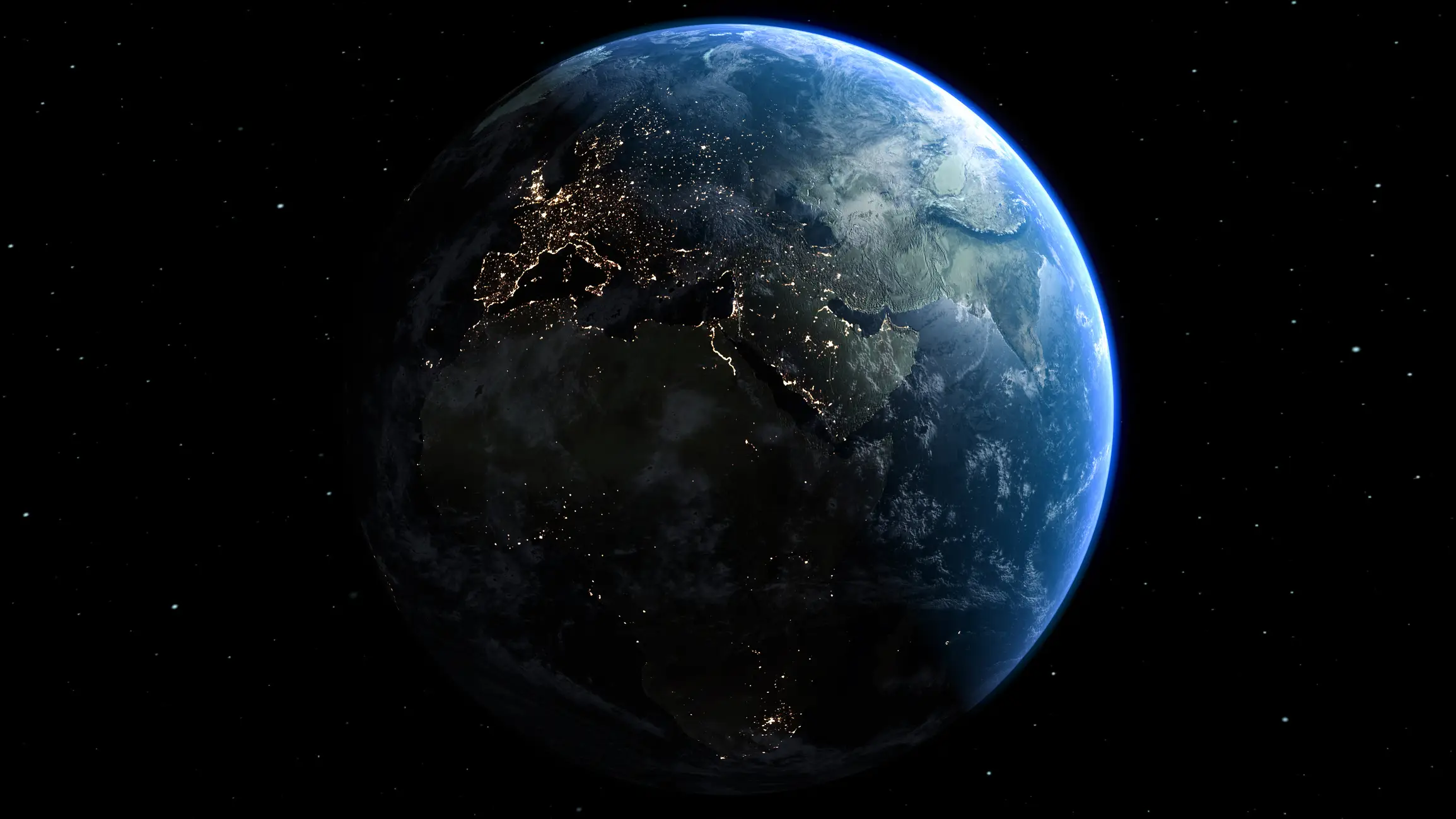
We all know that our days are longer or shorter depending on the time of the year, but the shortest day of the year is set to happen in just a few weeks time.
A scientist has warned that our shortest day is quickly coming up as Earth's rotation is unexpectedly speeding up, which is leading to the shortest day in history.
As of right now, Earth rotates around 365 times on its axis each time it orbits around the Sun, which is exactly the reason why this is the number of days we count in one year.
Each time it rotates, we consider this one year on Earth. However, the amount of times it rotates on its axis has actually varied from 490 to 372 days throughout history.
Advert
There are lots of factors that affect the speed of rotation. For example, changing sea levels, shifts within the Earth, or the Moon moving away from the Earth.
But this time, it’s fastening at an odd pace and nobody knows why.

Graham Jones, an astrophysicist at the University of London, predicted that our little green planet could accelerate on either July 9, July 22, or August 5 this year, per the Daily Mail.
Because the Earth will quicken, so will our time, leaving our dates 1.30, 1.38, or 1.51 milliseconds shorter as a result.
While it only seems like a fraction of a change in time, researchers day this could impact GPS systems and how we accurately measure time.
Scarily, there’s no explanation for why the Earth will quicken its pace, with Moscow State University's Leonid Zotov telling Timeanddate.com: “Nobody expected this. The cause of this acceleration is not explained.”
"Most scientists believe it is something inside the Earth," he added. "Ocean and atmospheric models don’t explain this huge acceleration."
It can also be caused by shifts on earth, such as natural disasters, and one researcher shared an example of a time where an earthquake did in fact lead to Earth speeding up and shorten a couple of our days.

In March 2011, a magnitude 9.0 earthquake struck off the east coast of Japan, and moved the Earth's axis, shortening our days on Earth. It was the most powerful earthquake on record to hit the country, and moved Earth’s axis by approximately 17 centimeters.
Shockingly, it actually might have moved the main island by about 2.4 meters.
"Earthquakes can change the Earth's rotation by rearranging the Earth's mass," Dr Richard Gross of NASA's Jet Propulsion Laboratory explained to Popular Mechanics in 2011.
"This is what a spinning ice skater does to make herself spin faster. She moves her arms closer to her body, she's moving her mass closer to the axis about which she's rotating. And earthquakes do the same thing."
"This earthquake must've moved the mass on average a bit closer to the Earth's rotation axis to make the Earth rotate faster and the length of the day a bit smaller."
But fear not, even though scientists have noticed the world spinning faster since 2020, researchers also say it’ll slow down... They just don’t know when.
“Sooner or later, Earth will decelerate,” Zotov said.
